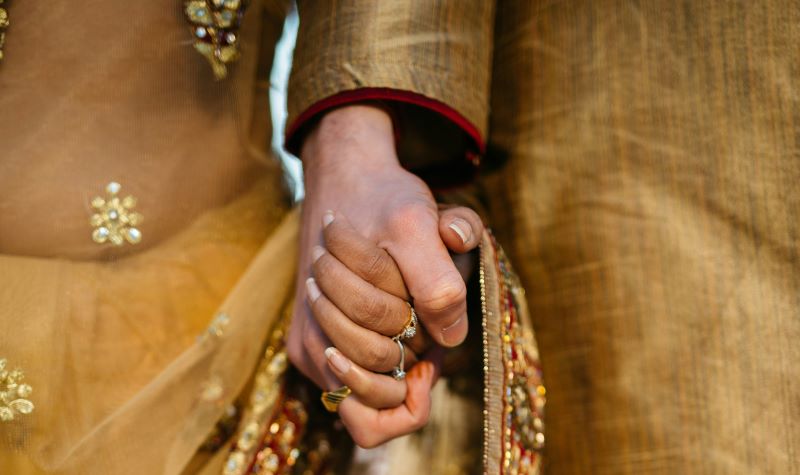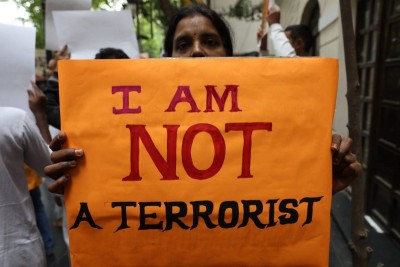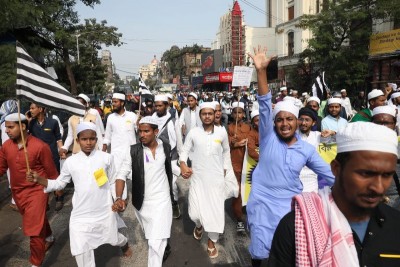 Live-In
Live-In
Married Muslims can't be in live-in relationship: Allahabad High Court
Prayagraj/IBNS: The Allahabad High Court on Wednesday said Muslims can't get into a live-in relationship during a subsisting marriage as it is not approved by the Islamic tenets, media reports said.
The observations were made by the Lucknow bench comprising Justices AR Masoodi and AK Srivastava.
Sneha Devi and Mohd. Shadab Khan- the petitioners- sought police protection after the woman's parents reportedly filed a kidnapping case against Khan.
The court said as quoted by NDTV, "Islamic tenets do not permit live-in relationships during the subsisting marriage. The position may be different if the two persons are unmarried and the parties being major choose to lead their lives in a way of their own."
Khan got married to one Farida Khatoon in 2020. The couple have a child.
The court further said as quoted by NDTV, "The constitutional morality may come to the rescue of such a couple and the social morality settled through the customs and usages over ages may give way to the constitutional morality and protection under Article 21 of the Constitution of India may step in to protect the cause. The case before us is, however, different."
"The constitutional protection under Article 21 of the Constitution of India would not lend an un-canalised support to such a right, once the usages and customs prohibit such a relationship between the two individuals of different faiths," it added.
Support Our Journalism
We cannot do without you.. your contribution supports unbiased journalism
IBNS is not driven by any ism- not wokeism, not racism, not skewed secularism, not hyper right-wing or left liberal ideals, nor by any hardline religious beliefs or hyper nationalism. We want to serve you good old objective news, as they are. We do not judge or preach. We let people decide for themselves. We only try to present factual and well-sourced news.







